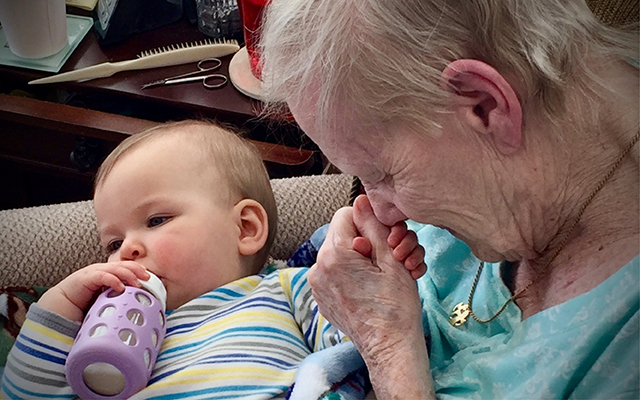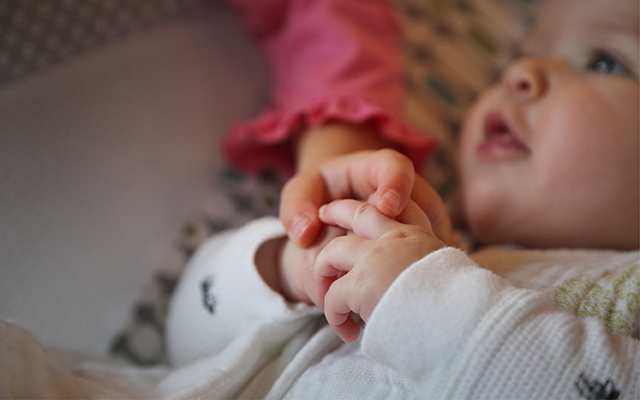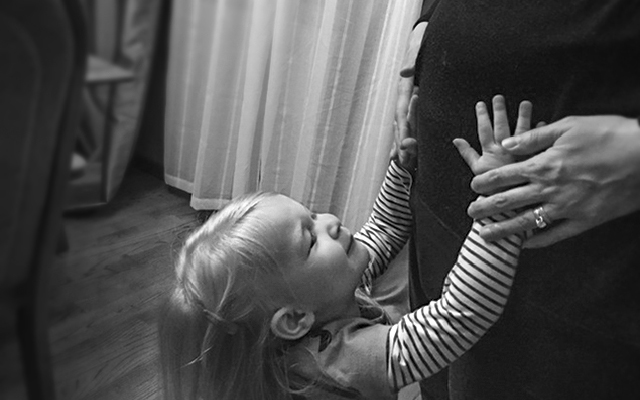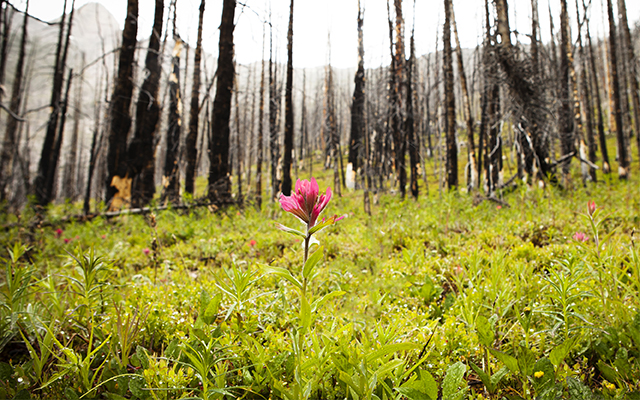My grandmother birthed five babies, miscarried one, fostered two, and adopted one. She raised them, guided them, encouraged them, educated them, and motivated them. She shaped their character, and, along with her husband, she molded their values.
She imprinted on each one of them in ways they would only see in time.
She witnessed their graduation, their moves to new homes, their marriages, and the births of their children — and children’s children. She saw our culture shift and evolve, and remained a steadfast voice of truth, equality, fairness, empathy, and rightness. She watched technology advance and urged her family to imagine the possibility in their futures. She was their beacon of light, even when the darkness slowly formed clouds over her, restricting her movement and speech.
As she lost mobility, they carried her.
As she lost faculties, they fed her.
As she lost sound, they spoke for her.
Just as she had done for them, in turn, in the beginning.
In the last week of my grandmother Marie’s life, I watched my aunts and Mom as they cared for her, giving eye drops and moisturizer, changing the bed position, telling stories near her and to her. We all made her comfortable. They cleaned the apartment, they organized, and they sat with my grandfather to watch TV or read a book. We waited together for the end of her life to arrive, to honor her exit from this world.
It was in these quiet moments that I recognized the beginning of life, too: There was familiarity in the storytelling, the waiting, the exercise, and the preparation from my recent experience giving birth to my son. As I watched my aunts and Mom turn Grandma in her bed and adjust pillows for her, my mind flashed to my own hospital bed where my doula, midwife, a masseuse, and a Reiki instructor hovered over me to comfort me. They rested their hands on my shoulders and feet, checked my pulse, and simply breathed with me in the silence. It served as my greatest point of reassurance that everything was going to be OK, that I wasn’t alone, that what was meant to happen would happen naturally.
I hope my grandma felt that same support in the end.
Back at work, I acknowledged this similarity with our editor in chief, Jamie, who recently lost her own grandma. “We usher in and we usher out,” she noted. There’s no “right way” to do either: Both our entrance and exit into this world are raw and beautiful, requiring full bravery and willingness to embrace the unknown. Try as we might for Grandma’s sake to know what to do in her final week, we could only do what felt appropriate and dignified for her and my grandpa — and for us. We thought about what we’d want in the end: Who should come or be called? What music would we want played? What does death look and feel like?
These are the rare big questions that are often forgotten until the time comes to ask them. Maybe we think if we avoid this discussion, then we can prolong death. Planning for end-of-life care may feel too morbid, or we may assume someone else will be there to take the lead. It wasn’t until my paternal grandmother’s death in 2011that I understood the beauty — and relief — of acceptance. “When we stop denying that we’re going to die, we allow ourselves to be more fully alive in the present moment,” says psychologist Lisa Firestone, PhD, in “New Thinking on End-of-Life Planning.”
Here, too, my maternal grandmother made her wishes known; she had relocated to a senior-care facility where a nursing team would be available to her — but also a community for my grandfather to join, so that, after 67 years of being inseparable, he wouldn’t feel so alone when she passed. He could have lunch with friends in the building, and greet neighbors on his daily walk. She was looking out for him, and, in turn, looking out for the entire family.
That forward-thinking, progressive-minded dreamer was always in Marie. As a child, her best friend shared stories of the crimes against her Jewish family in Nazi-occupied Germany, and it influenced my grandma for the rest of her life. She could always see right from wrong, and was resolute in her opinion and decision-making. As a young adult, she championed support for the Civil Rights Movement at her church and in her community. In 1961, when the immigrant family her church sponsored needed housing, she opened her doors. She worked to get struggling families a home and education in finances. She saw my uncle Ty in the foster system as simply a sweet baby who needed a good home, and she pushed for the interracial adoption in 1969. Even when there was doubt, when change meant uncertainty, she was determined to follow her innate sense of rightness.
She could be tough, and never backed down from debate. I only learned to appreciate her tenacity as an adult, and really, I realized I envied her confidence. I never thought I had it in me, that fierceness; maybe it skipped me. But as I thought about this full circle, the birth of my son compared with the death of my grandma, it dawned on me that her best traits have always been with me.
During a 36-hour labor, I insisted on a different approach and reiterated what I wanted in my birth. I resisted when it didn’t feel right and I questioned the nursing team time and time again: Are you sure? Explain it to me. What are the options? I stood my ground, listened to the alternatives, but asked for respect to do what felt right and natural for my experience.
And here again, as I say goodbye and grieve this woman, I channel her spirit. For strength, for courage, for resiliency. Thank you, Grandma, for showing me the beauty and grace in all of life’s stages.




This Post Has 0 Comments